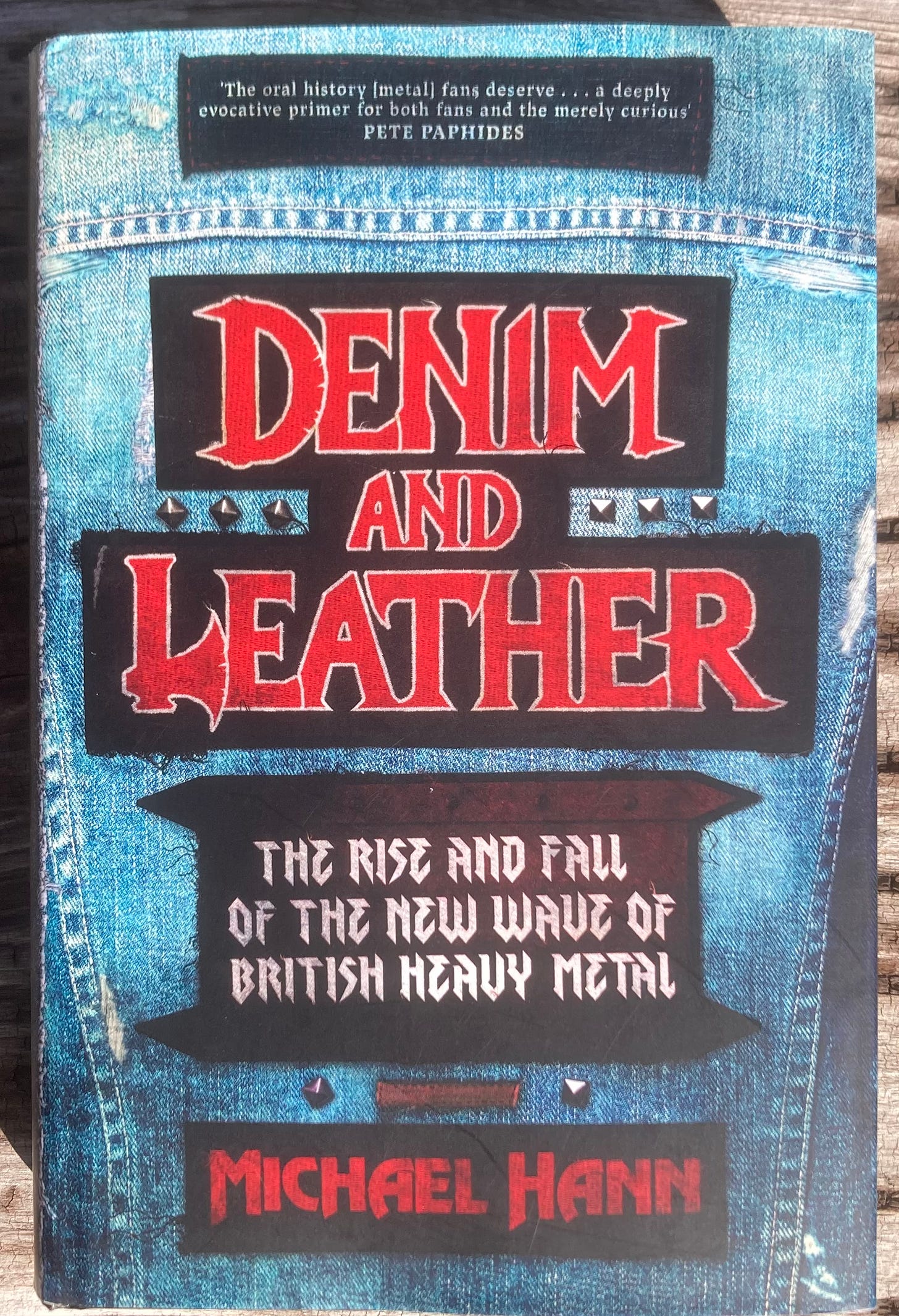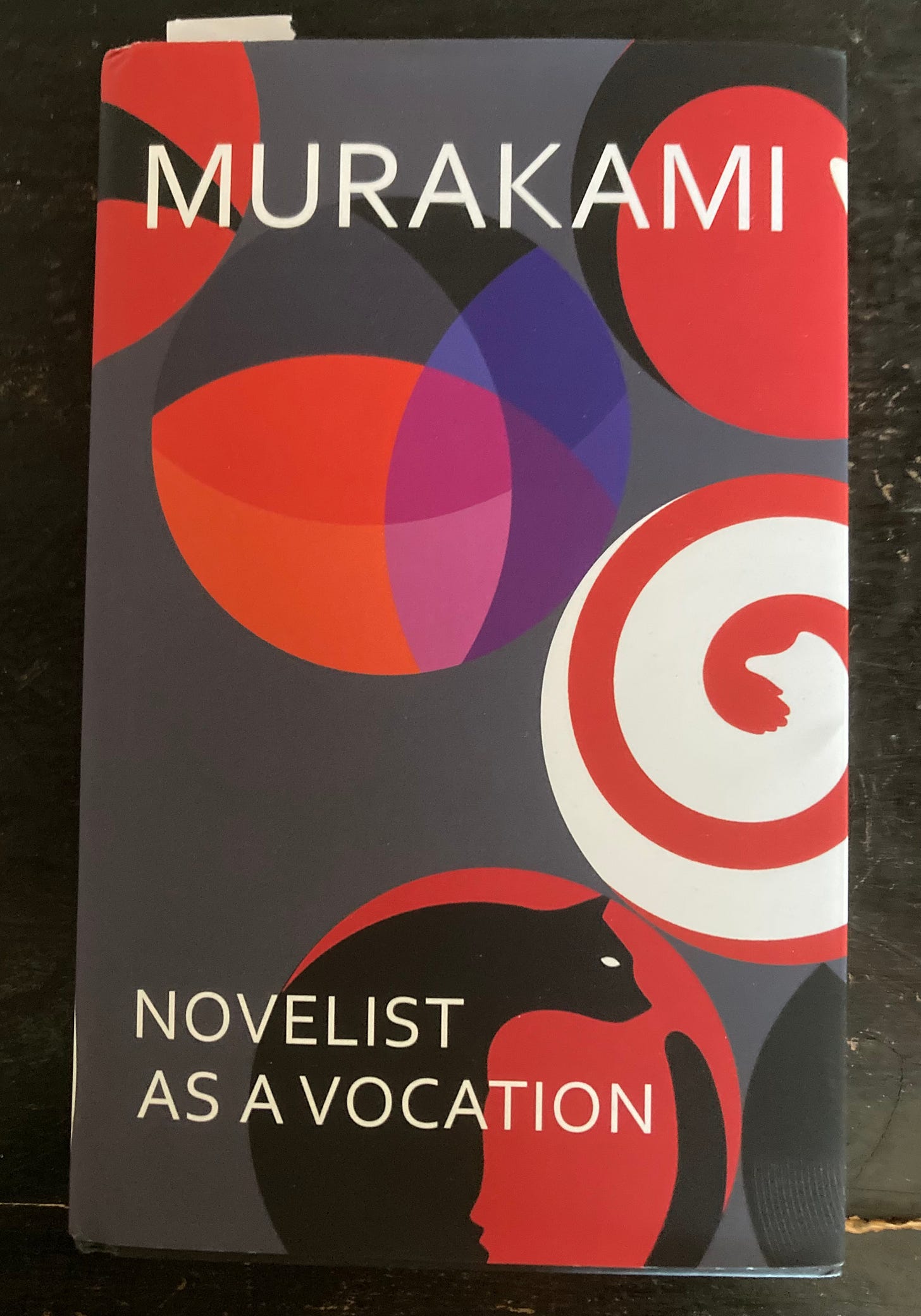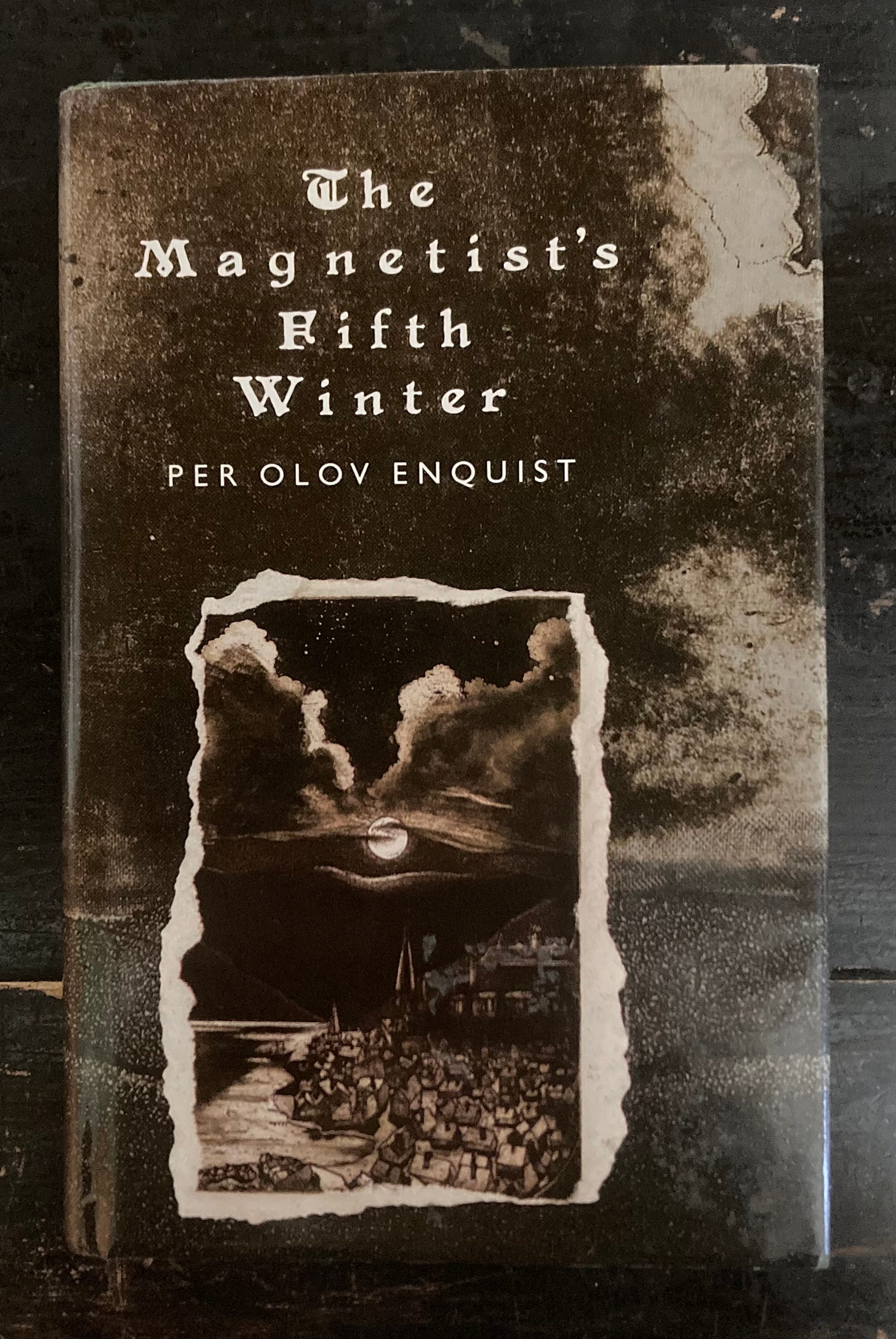This was a very poor month for reading, in part because of work (I was doing editorial work on two novels, one science fiction and one thriller, which takes up most of my reading time and headspace) but also because I finally caught corona and that wiped me out completely. I could do little more than lie in a heap watching RSC recordings (Richard II, Henry IV Parts 1 and 2, Henry V) and Brooklyn 99. I mostly stuck to non-fiction as well, since I began work on a new novel and tend to avoid fiction when I’m writing it. However, what this month lacked in quantity, it made up for in quality.
Sick by Porochista Khakpour was the last of her four books I binged on this year, and in some ways I’m glad I left it until last. It’s a heart-breaking story of a decades long search to find out exactly what was wrong with her. Turns out it was Lyme Disease (no spoiler there) but this misunderstood illness was diagnosed as everything from mental illness, addiction, attention seeking and any number of physical ailments. Khakpour is brutally honest about life with a chronic illness, the depression, drug addiction, and disastrous relationships that map her journey. It also, from a fan’s perspective, illuminates a lot of the symbolism and thematic concerns of her two novels, Sons and Other Flammable Objects and The Last Illusion. I am sad that there are no more Khakpour books to date, though after reading Sick I’m amazed there are as many as four - how she found the time and energy to produce what she has and at such a high quality it astounding. I’ve said it a lot this year, but if you haven’t read her work, you are missing out.
Michael Hann is a journalist at the Guardian amongst other outlets, and I’ve long enjoyed his writing about music, so I was delighted to discover he’d written a book about NWOBHM, the worst-named music genre ever. The “New Wave of British Heavy Metal” was a loose grouping of rock bands in the late 70s and early 80s, most notably including Iron Maiden and Def Leppard. Hann’s book is an oral history rendered entirely in quotes from the main participants (or at least those who would speak to Hann. A few notably refused). It’s fascinating but probably one for the fans. The level of nerdy detail about the also-rans is something I can’t really see getting much crossover appeal, but I enjoyed it. Particularly entertaining is the sheer amount of petty in-fighting: Hann’s approach of zero narration beyond the odd clarification or legal disclaimer works to hilarious effect here when he juxtaposes rock star boasting with short, sharp official denials from those supposedly involved. Kate Bush’s publicist makes a brief cameo that had me roaring with laughter. The journalistic approach here is very much “give em enough rope…”
I’ve got a soft spot for writers writing about writing. Milan Kundera’s The Art of the Novel is a particular favourite and formed the basis of a lot of my PhD. Ali Smith’s Artful is another (I’ve got an academic paper on the synthesis of those two coming out in the new year). So when I saw Haruki Murakami’s Novelist as a Vocation, I knew I had to get it. Anyone who read the Monkey Business journals will already have encountered some of these essays, and they are a bit of a mixed bag. For Murakami fans he tackles some of the big criticisms against him, and the headline-grabbing stuff like prizes. There’s lots here for people who want to know the nitty-gritty about the writing process, from planning to daily routine (I never understand this fascination - I’ve been asked a bunch of times and there’s no way to make “I sit at my desk drinking coffee and working out what happens next” interesting). For me there was some geeky technical stuff about his use of first person and the development of the second half of his career (I’ve got a long-planned academic paper on this bubbling away, so my neurons lit up reading that). In this genre, it’s not a stand out book, but not the worst either. If you don’t like Murakami, there’s little here to change your mind. The main effect it had was to make me wish there was a new novel instead.
I picked this up while ordering something else from Pluto Books (once you’re shipping books from the UK to Japan, you might as well pile things on) and it caught my eye. I took it to be a narrative history but it isn’t really. There are snatches, but really the narrative elements are illustrations of wider theoretical points. It does a good job of removing capitalism and globalisation from a Euro-centric perspective, but in truth it was far more technical than I could really cope with. I am an amateur at this kind of historiography, and this is aimed more at the academic reader.
My sole foray into the world of fiction: The Magnetist’s Fifth Winter is the earliest of Per Olov Enquist’s works I’ve been able to find in translation (out of print, like most of the others) and that makes for a fascinating experience. I’m used to Enquist’s style and technique at the latter end of his career, when it comes smoothly, when there is mastery over form while still testing the limits of what fiction and the novel can do. Here, in his third book, all the pieces can be detected but there’s a certain youthful insecurity in them, a sense in the prose that not even the author knows whether this will work in the end. Spoiler: it does. This novel is the story of a mesmerist in 18th century German town. Meisner “cures” illnesses through a mixture of literal magnetism, hypnotic suggestion, and a metaphorically magnetic personality. When he arrives in Dr Selinger’s town he has already been chased out of towns halfway across Europe, sometimes escaping with little more than his life. He earns his reputation by successfully curing Selinger’s daughter’s post-traumatic blindness, and is soon holding “seances” with the wives of the town’s wealthiest dignitaries. Enquist balances the story beautifully: Meisner is genuinely successful at times but is also without doubt a fraud. Selinger is the voice of reason, a true medical man hired to supervise Meisner’s cures, yet medicine at this time is little more than leeches and blood-letting. Told from shifting perspectives, it follows the expected arc (arrival-fame-fall-trial) but never quite resolves the way you’d think. One of my favourites so far. Sadly I’m running out of Enquists in translation.









I was sorry to hear that you caught corona. Are you feeling better now? I really enjoyed the monthly round up of your reading! I’ve been wanting to read some thing by Porochista Khakpour for some time..maybe fiction…